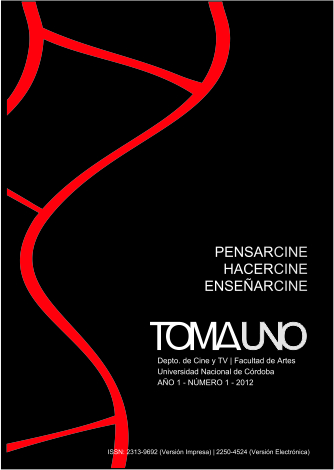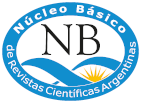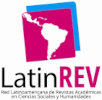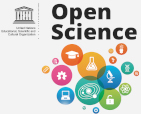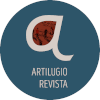Denaturalizing the everyday implies seeing reality from another side
DOI:
https://doi.org/10.55442/tomauno.n1.2012.8575Abstract
The year 2011 was a harvest period for Ana Apontes, Ezequiel Salinas, Juan C. Maristany, Lucia Torres, and Matías Herrera Córdoba. The five filmmakers – students and graduates of the Department of Film and TV of the Faculty of Arts of the UNC – founders of El Calefón, received several awards for Yatasto, the film by Hermes Paralluelo produced in Córdoba and were consecrated as one of the film plants in the province. El Calefón is also responsible for the documentary films Criada (2009) and Buen Pastor. An Escape of Women (2010). In this interview they respond, faithful to their way of working, collectively. They tell the story of the production company and its ideas about what it means to make and think about cinema.
Downloads
References
Triquell, X. (2012). EDITORIAL. Toma Uno, (1), 7–9. https://doi.org/10.55442/tomauno.n1.2012.8564
Asís Ferri, P. A. (2012). DATOS EDITORIALES NRO 1. Toma Uno, (1). https://doi.org/10.55442/tomauno.n1.2012.8599
López Seco et al. (2012). Desnaturalizar lo cotidiano implica ver la realidad desde otro lado. Toma Uno, (1). https://revistas.unc.edu.ar/index.php/toma1/issue/view/1_2012
Downloads
Published
How to Cite
Issue
Section
License
Copyright (c) 2012 Celina López Seco, Paula Andrea Asís FerriThis work is licensed under Creative Commons Attribution-NonCommercial-NoDerivs 2.5 Argentina .

